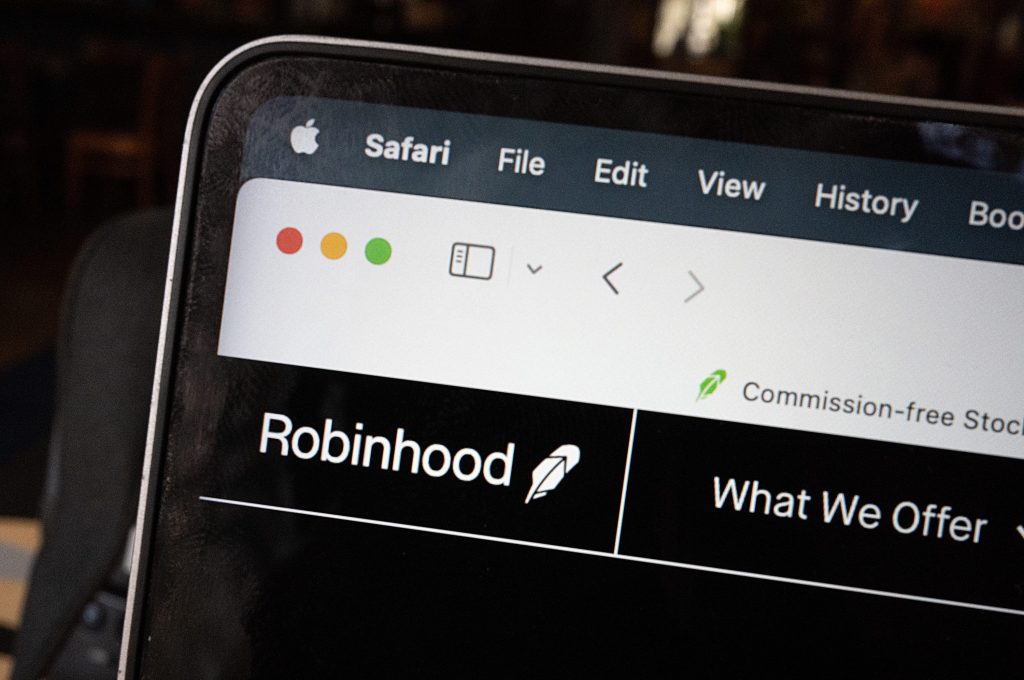Robinhood Securities LLC and Robinhood Financial LLC have agreed to pay $45m in combined civil penalties to settle charges arising from their brokerage operations involving claims that they violated more than 10 separate securities law provisions, the SEC reported.
The two Robinhood entities also had longstanding failures to maintain and preserve electronic communications, failed to retain copies of operational databases, and failed to maintain some customer communications as legally required between 2020 and 2021, according to the agency.
Robinhood Securities alone failed for more than five years “to provide complete and accurate securities trading information, known as blue sheet data” to the agency, the SEC contended. And it failed to comply with Regulation SHO, the regulatory framework designed to address abusive short selling practices, for a little over four years, the SEC said.
Violations
According to the SEC’s order, the violations by the two Robinhood businesses related to a bevy of disparate misconduct, which can be summarized this way:
- Suspicious Activity Reporting: From January 2020 through March 2022, Robinhood failed to investigate suspicious transactions in a timely manner, resulting in systematic failures to file suspicious activity reports. (Rule 17a-8 violation.)
- Identity Theft Protection: From April 2019 to July 2022, Robinhood failed to implement adequate policies and procedures designed to protect their customers from the risk of identity theft. (Regulation S-ID violation.)
- Unauthorized Access to Robinhood Systems: From June 2021 through November 2021, Robinhood failed to adequately address known risks posed by a cybersecurity vulnerability related to remote access to its systems. In November 2021, a third party obtained unauthorized access and downloaded information related to millions of individuals who had provided that information to Robinhood. (Rule 30(a) of Regulation S-P.)
- Off-Channel Communications: Robinhood had longstanding failures to maintain and preserve electronic communications in violation of the recordkeeping provisions of the federal securities laws. Both firms admitted the findings in the order concerning their off-channel communications failures. (Rule 17a-4 violation.)
- Retention of Brokerage Data: Robinhood failed to maintain copies of core operational databases in a manner that ensured legally required records were protected from deletion or modification for the required length of time. (Violation of SEC Rule 17a-25.)
- Failure to Maintain Customer Communications: Robinhood failed to maintain some of its communications with brokerage customers as legally required between 2020 and 2021. (Rule 17a-4 violation, see above.)
SEC and Robinhood statements
Sanjay Wadhwa, the acting director of the SEC’s Division of Enforcement, said: “It is essential to the Commission’s broader efforts to protect investors and promote the integrity and fairness of our markets that broker-dealers satisfy their legal obligations when carrying out their various market functions.
“Today’s order finds that two Robinhood firms failed to observe a broad array of significant regulatory requirements, including failing to accurately report trading activity, comply with short sale rules, submit timely suspicious activity reports, maintain books and records, and safeguard customer information.”
Robinhood Markets General Counsel Lucas Moskowitz said, in a statement to news outlets: “We are pleased to resolve these matters. As the SEC’s order acknowledges, most of these are historical matters that our broker-dealers have previously addressed. We are well-positioned to continue leading the industry in developing the innovative products and services our customers want and need to participate in US and global financial markets. We look forward to working with the SEC under a new administration.”
Robinhood cases
A year ago, Robinhood agreed to pay a $7.5m fine and retool its practices to resolve allegations by Massachusetts’ securities regulators that it encouraged everyday investors to place risky trades by overly “gamifying” its app.
In December 2020, the SEC settled proceedings against Robinhood Financial for alleged violations of the federal securities laws by making misstatements regarding: its sources of revenue obtained from certain principal trading firms; the execution quality for its customers’ orders; and its failure to satisfy its duty of best execution. The company paid a civil penalty of $65,000,000 to settle the matter.











